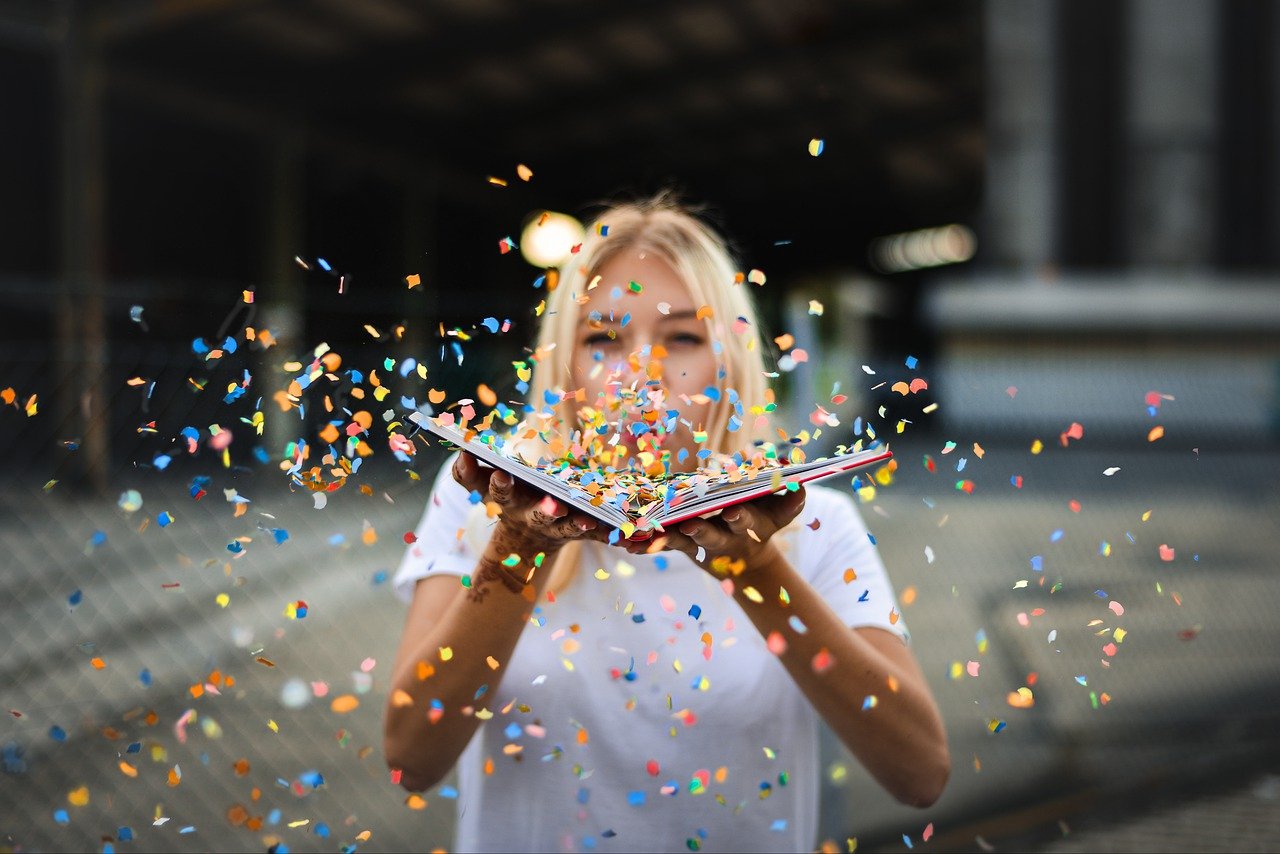By Vanessa Brown, MA, MFTI
As I write this, I am preparing to celebrate my forty-third birthday in May. At this developmental stage of my life, I have been reflecting on what I have done both professionally and personally through the years. Of course, while doing this, questions come up: What kind of impact have I made? Have I helped others? Have I done my best?
I also think about how being an open bisexual woman has affected my life. I was late to discover my true sexual identity: I came out at 29, having just terminated a ten-year relationship. Prior to that, I self-identified as heterosexual. I am very lucky to have supportive friends and family members now; however, when I was going through my coming out process, it was a different situation altogether. I learned a great deal about the people in my life at the time and the dynamics of some of my relationships had to change as a result.
When I think about what I could tell a woman in her teens and twenties about moving through the world as an openly bisexual woman, the first thing I would say is: Know yourself. Looking back on my coming out process and my experiences with people of all backgrounds, I saw a common thread in my interactions. I was challenged over and over again for identifying as bisexual. In many situations, the first questions were: “Why? Why not just be gay or straight?’ “What does bisexual actually mean?” And sometimes, there weren’t any questions. Instead there were disparaging statements such as: “Bisexuality isn’t a real sexual orientation!” “You’re just confused and you need to be serious!” Some of the most disappointing times were when these statements were made by people with whom I was romantically involved.
When your sexual identity is challenged repeatedly, as I have seen in many cases, it can lead to self-doubt, shame and inernalized biphobia. That is why it is imperative to be confident in who you are and how you identify, not just as a bisexual woman, but in all of your other identities as well (race, ethnicity, spirituality, gender identity, etc.). How do we achieve this confidence? For me, I was able to develop confidence in my bisexual identity by getting support from other bisexual and bi-friendly folks. I joined the bisexual support group at my local LGBT community center and volunteered at LGBT agencies to meet other people and develop a sense of community. I researched and read everything I could about bisexuality and the history of the bi movement to get a sense of culture and perspective. In addition, I attended bisexual conferences and have participated in queer forums and workshops on bi issues, educating others in the process.
Unfortunately, you will encounter people who challenge and attempt to invalidate your sexuality throughout your life. Our declaration that gender is not binary rattles many people, and sometimes human beings fear what they do not understand. I have learned that educating and having sincere discussions has been very successful in not only challenging biphobia, but in empowering myself to embrace and appreciate my sexuality.
Celebrate who you are!
Vanessa is an openly bisexual marriage and family therapist intern currently living in San Francisco. She has been working with the LGBT community for the past 13 years.

